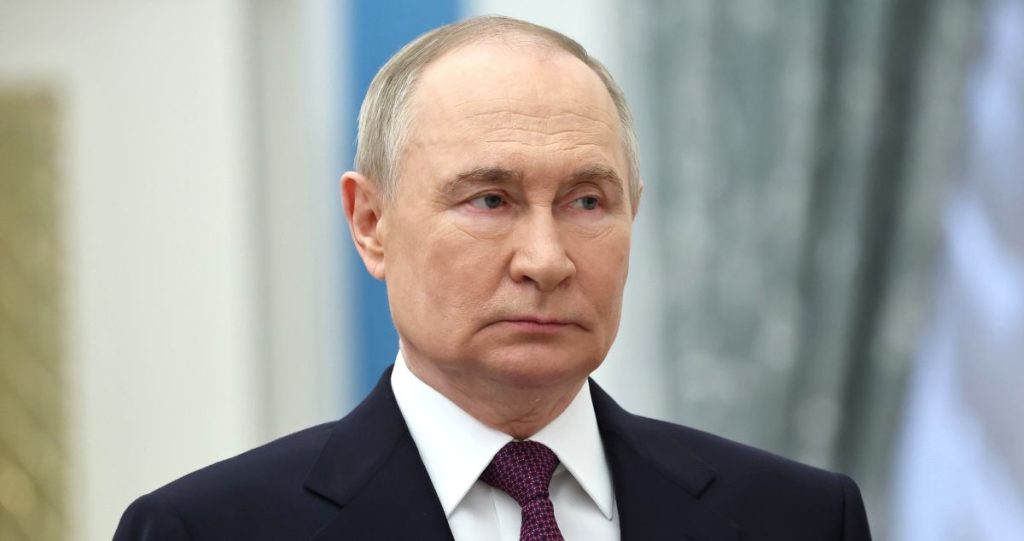Looking at his life story, there might be a hint of logic to the madness he’s unleashed.
Others are reading now
Looking at his life story, it might be possible to find an answer to why he’s unleashed the madness.
The world wil never be the same
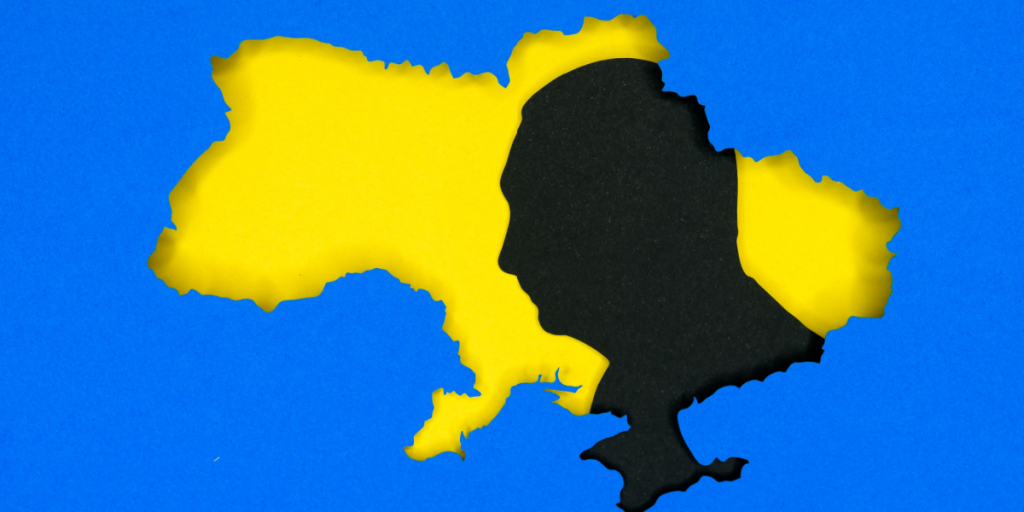
Many will say that February 24th 2022 marked a tipping point in the history of the World, when Russia launched a full-scale invasion of Ukraine.
It started 8 years earlier
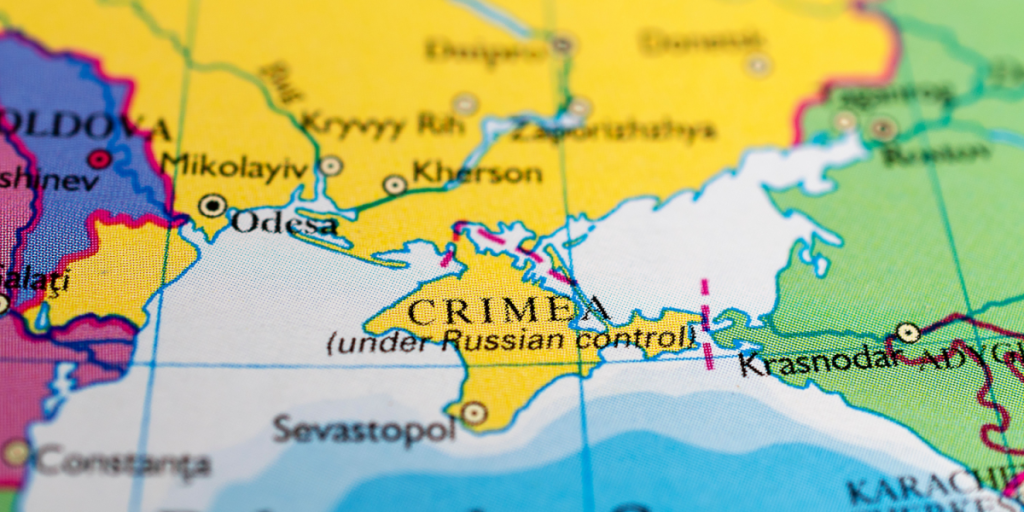
What many seem to forget is that the Russian invasion of Ukraine actually startet in 2014 with the annexation of the Crimean Peninsula.
Why did Putin do it?
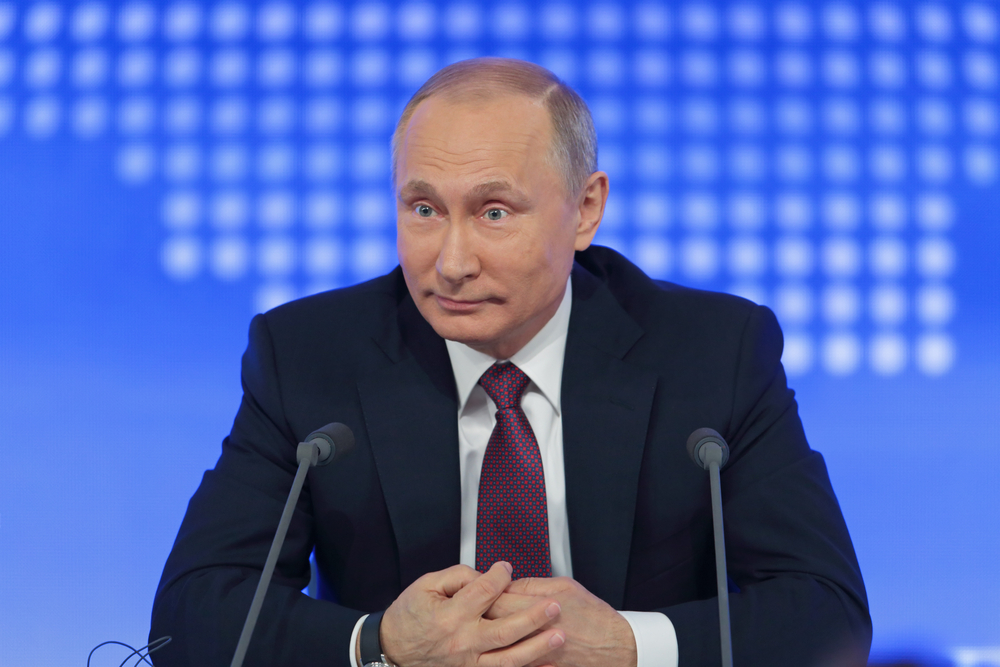
Ever since then, experts, analysts and even regular people have been asking themselves the same question: Why did Putin bring war back to Europe?
Also read
And to find a possible answer to that, we need to take a look at Putins story.
Grew up in war-torn city
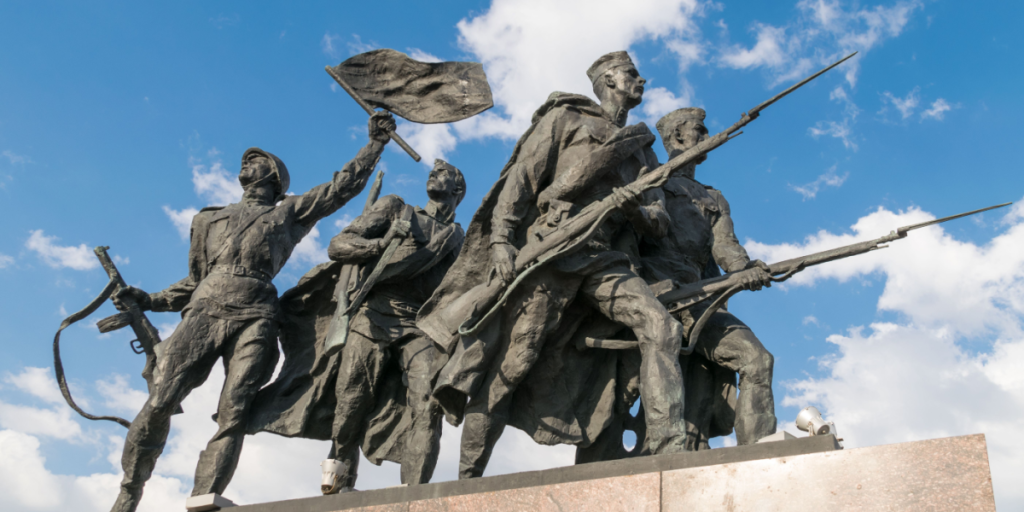
Born on October 7th in 1952, Putin grew up in the ruins of post-WW2 Leningrad (now known as St. Petersburg), the third child of his parents.
Both his brothers had died before his birth, though, one of them due to starvation during the siege of Leningrad by Nazi Germany.
Ties to Stalin and Lenin
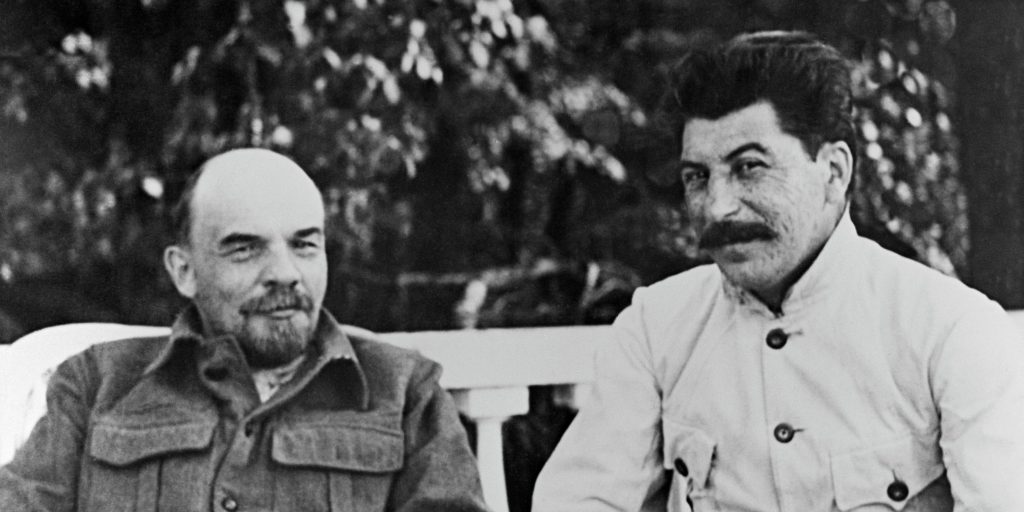
His grandfather, Spiridon Putin, was the personal cook for both Vladimir Lenin and Josef Stalin.
Putins father was a conscript in the Soviet army, and his mother was a factory worker.
Ran with street gangs
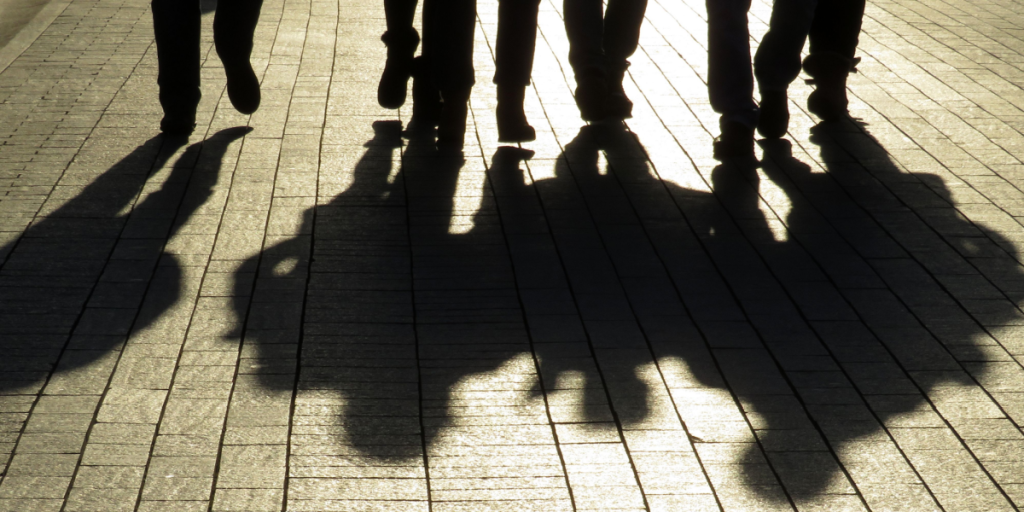
According to Mark Galeotti, principal director of Mayak Intelligence and a senior associate fellow at the Royal United Services Institute (RUSI), Putins childhood was “relatively rough”, and running with street gangs from an early age, he soon realised how precarious life can be.
From University to KGB
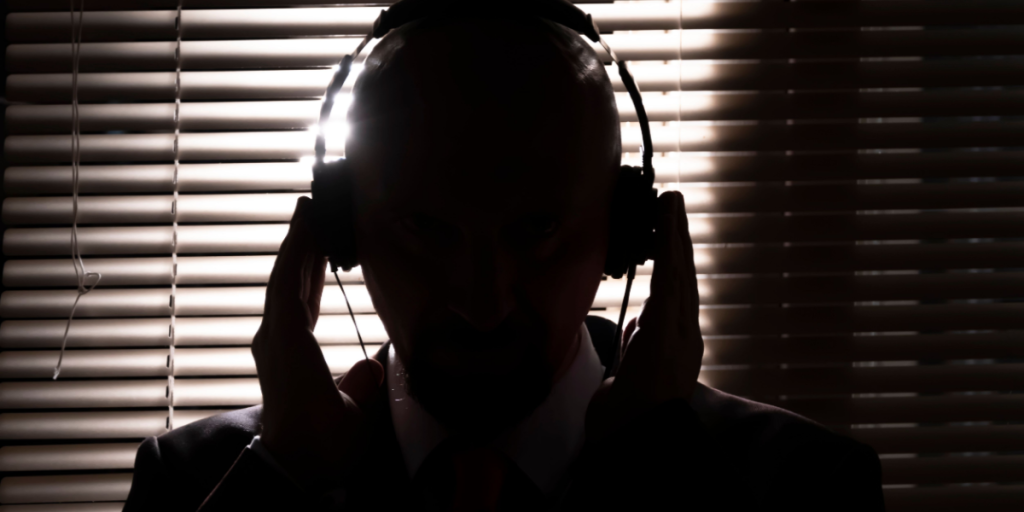
After graduating from University with a law-degree, he joined the KGB (the Soviet Security Agency).
When part of the KGB, he was reportedly stationed in Dresden in then-East Germany from 1985 to 1990.
The fall of the Wall
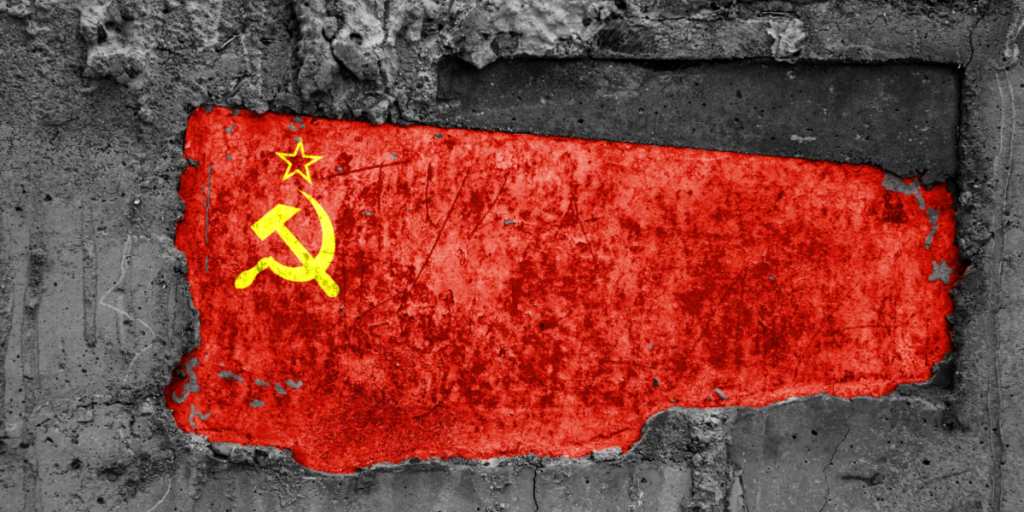
When the Berlin Wall fell in 1989, it marked the beginning of the end for the Soviet Union, a major shock to everyone living in it – Putin included.
Philip Short, journalist and author of Putin: His Life And Times, told Sky News that the fall of the Soviet Union forced its citizens being confronted with how much of what they’d been told proved to be false.
Clearly affected by the chaos
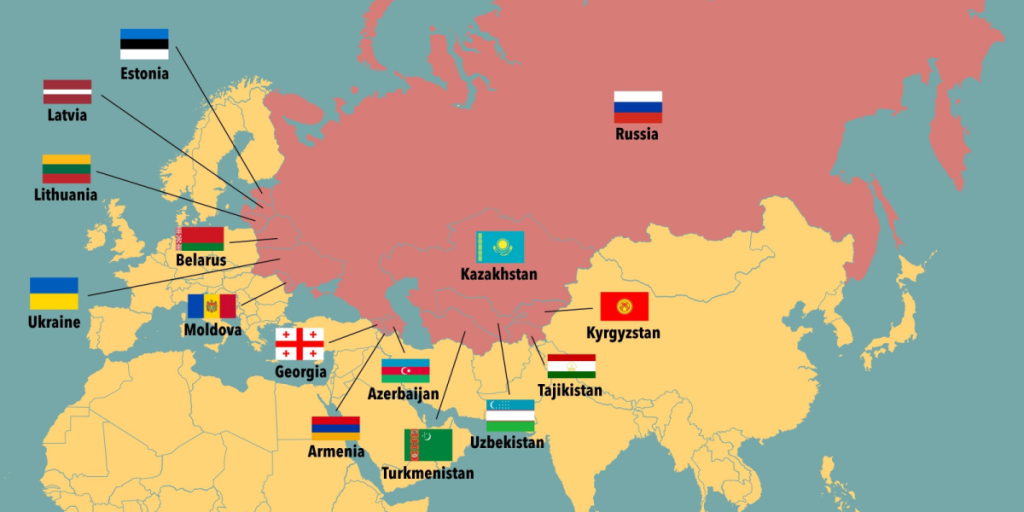
The 1990’s brought with it a plethora of chaos in the old Soviet republics, Russia included, and according to Dr Alan Mendoza, founder and executive director of the Henry Jackson Society, the chaos “clearly affected Putin veri significantly”.
Believed in the system
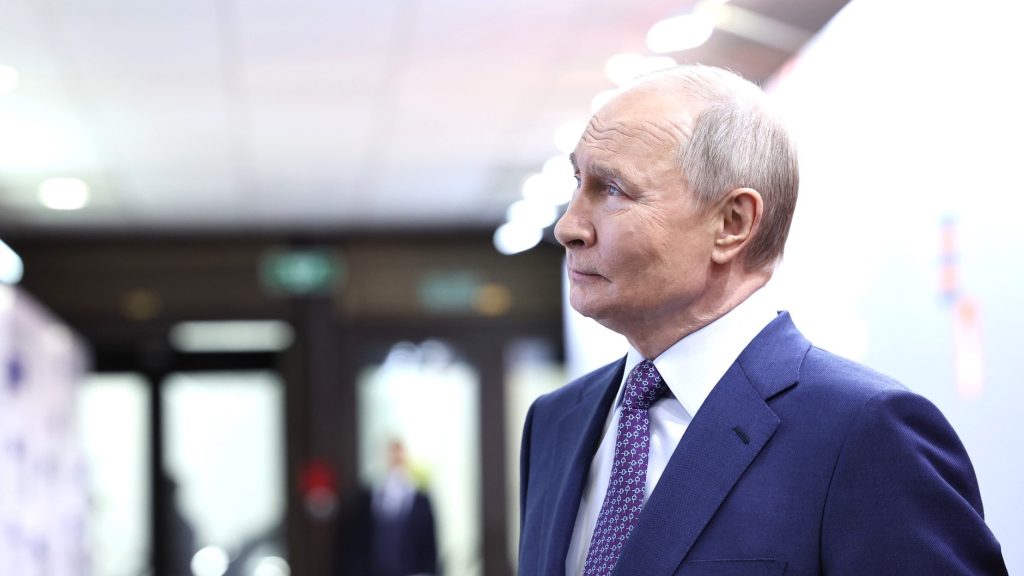
Talking to Sky News, Mendoza said that it is unclear whether Putin was actually a believer of communism, but he did believe in the system.
Return to St. Petersburg
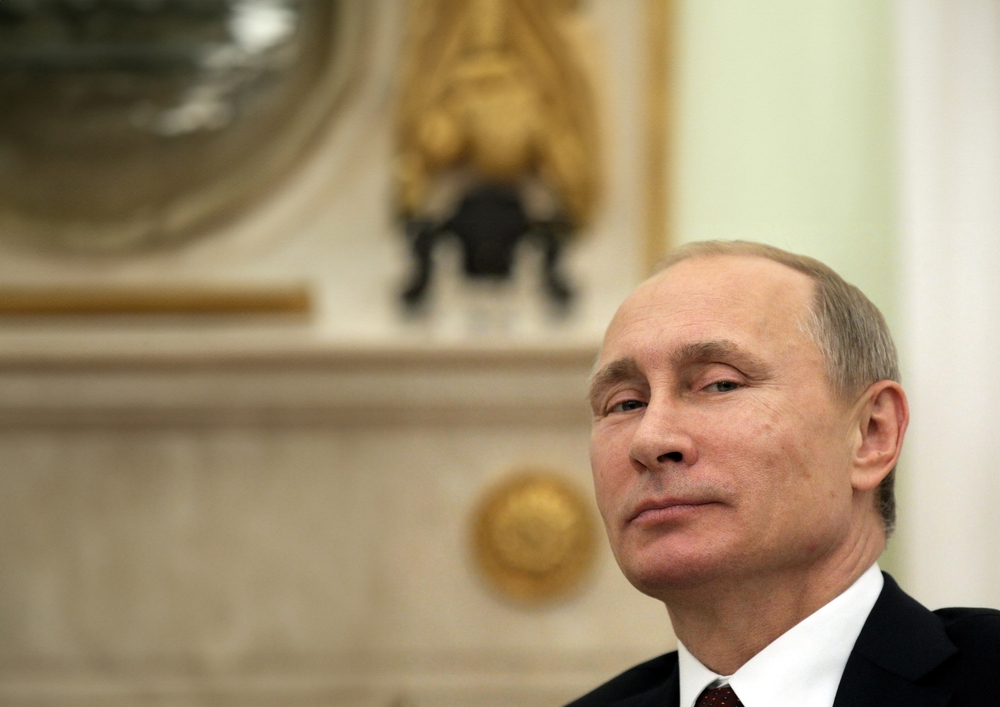
In 1990, Putin returned to St. Petersburg and began his political rise as part of the administration.
National debut
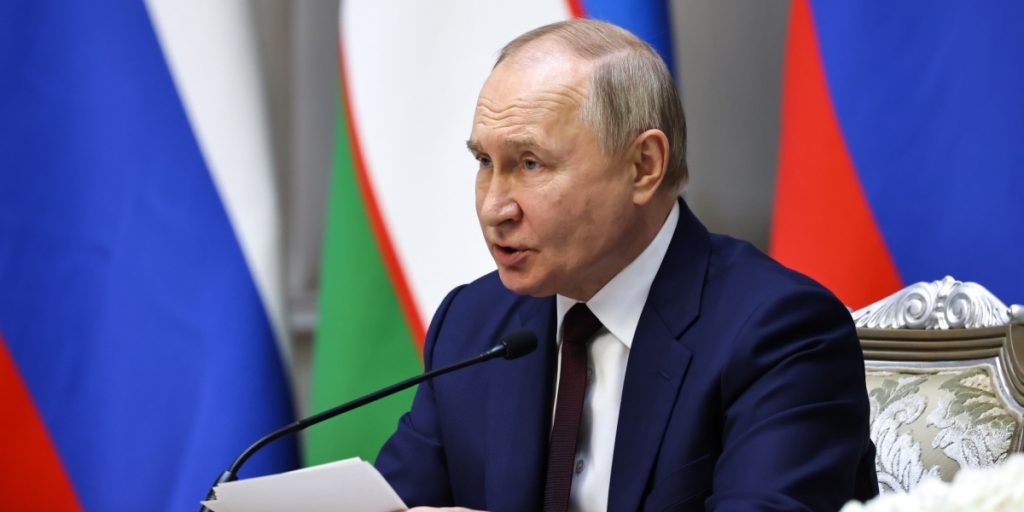
In 1996, all of Russia got to know Vladimir Putin, as he was called to Moscow to assume the role of Deputy Chief of the Presidential Property Management Department.
This made him responsible for transferring former Soviet Assets to the newly founded Russian Federation.
And then he assumed power

Vladimir Putin won the Russian Presidential election in March 2000 and was inaugurated on May 7th 2000.
Other than a four-year stint as Prime Minister from 2008 to 2012, he has been the Russian President ever since.
Aspirations “torn”
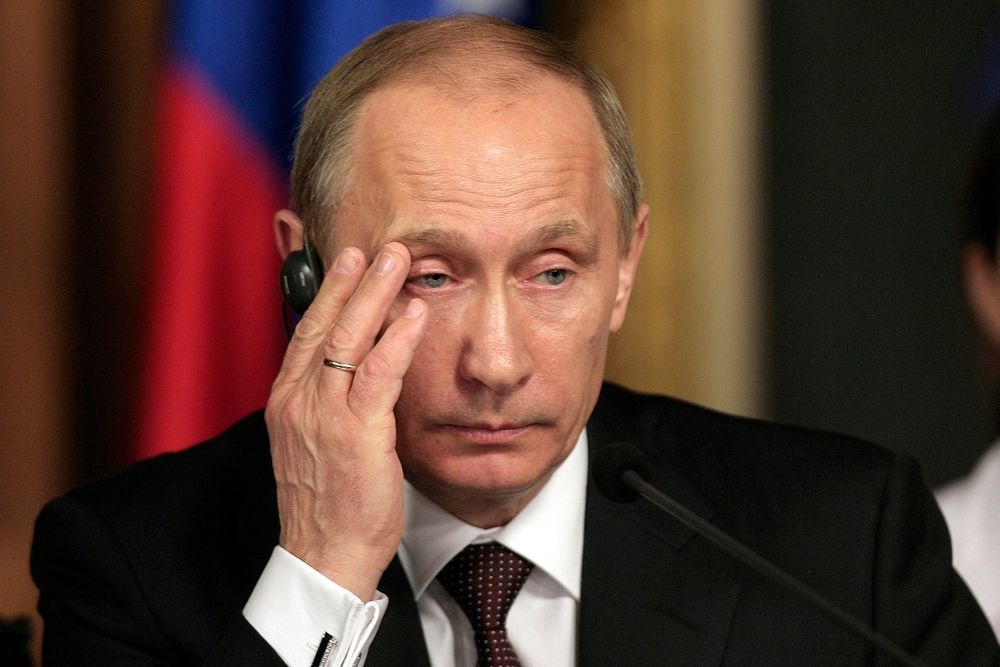
According to Mendoza, many of Putins aspirations were probably torn from him when the KGB was dissolved following the fall of the Soviet Union.
This might have played a role in Putin aiming to rise in national politics.
The Lost Empire
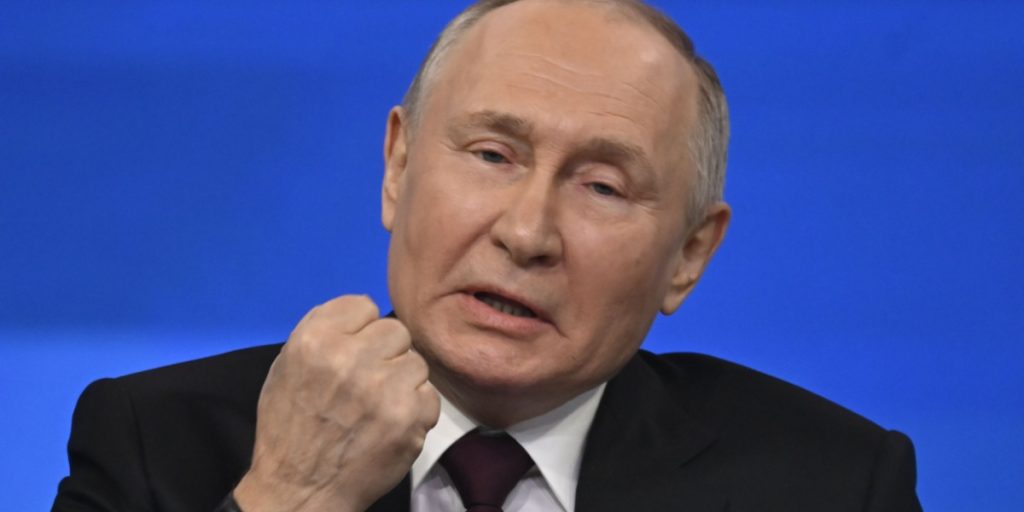
Additionally, Mendoza believe that when Putin saw the chaos unfold in the 1990’s, he wanted to restore the “lost empire” – and that’s part of what’s lead the Russian President to assume his imperialistic philosophy.

